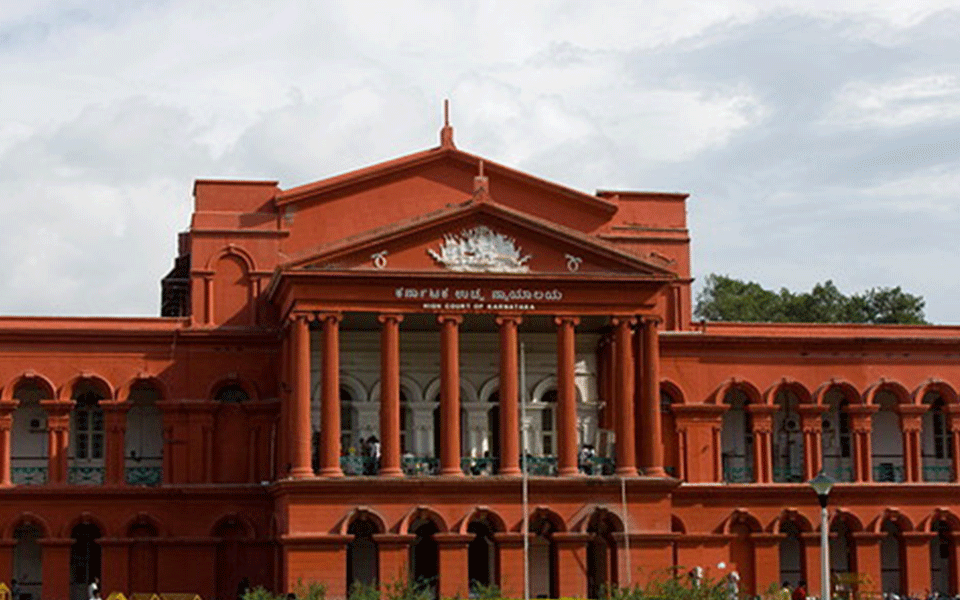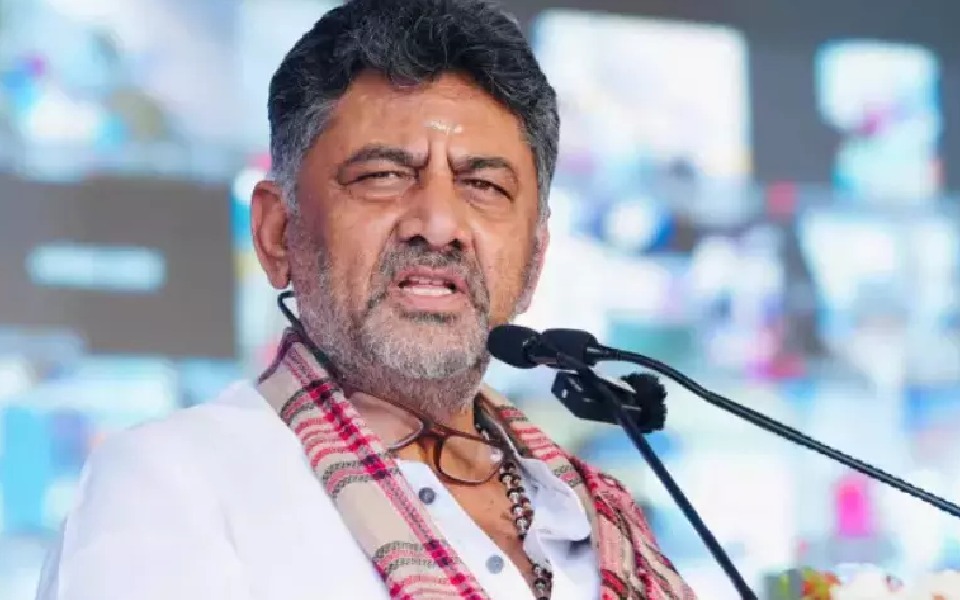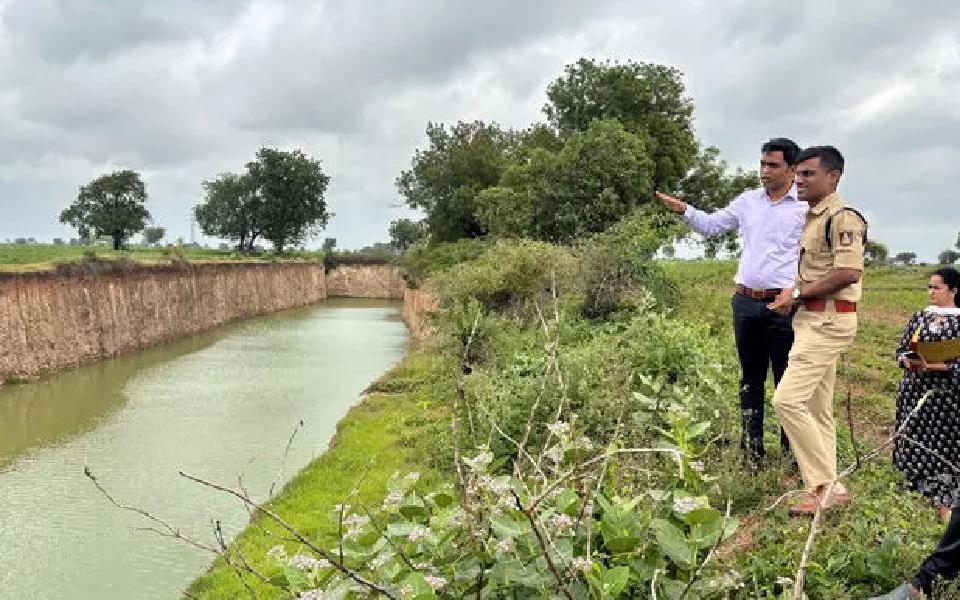Bengaluru, Oct 1: The selection of the tune composed by late Mysore Ananthaswamy for the Karnataka state anthem by the state government through its September 25 order, has been challenged in the Karnataka High Court.
Justice Krishna S Dixit, who heard the petition by singer Kikkeri Krishnamurthy, ordered the notice to be issued to the government on Friday.
The poem, 'Jaya Bharata Jananiya Thanujate' written by late poet laureate Kuvempu was declared the state anthem in 2004. But ever since, there have been concerns regarding the anthem's rendering duration, tune and addition of words to it.
In June 2013, the Vasantha Kanakapura committee set up for the purpose had said that the tune composed by C Ashwath would be continued for the anthem as even Ananthaswamy had agreed to it. Ananthaswamy had not composed the tune for the entire song, the committee had stated.
Later, the Dr Channaveera Kanavi committee also recommended the tune set by C Ashwath. The latest H R Leelavathi committee had recommended the tune set by Ananthaswamy.
Kikkeri Krishnamurthy, in his petition before the HC, has submitted that he had given a petition to the state government against this on September 17 but the government went ahead and issued the order on September 25.
The petition claims that it is impossible to implement the government's new order as "there is no full tune of the State Anthem composed by Mysore Ananthaswamy."
If the government gets another person to compose the tune for the remaining portions, "it amounts to showing disrespect to Mysore Ananthaswamy and as well as the State Anthem," according to the petition that is seeking to quash the government's order.
Let the Truth be known. If you read VB and like VB, please be a VB Supporter and Help us deliver the Truth to one and all.
Mumbai, Jul 25 (PTI): Police have opposed the bail plea of the Bangladeshi national arrested for allegedly stabbing Bollywood actor Saif Ali Khan with a knife and injuring him at his home here in January this year, telling a Mumbai court there was "strong evidence" against the accused.
Citing a Forensic Science Laboratory report, police reiterated before the sessions court their earlier claim knife fragments that got lodged near the actor's spine during the attack as well as a part found at the crime spot have matched with the weapon recovered from the accused, Shariful Islam.
These three pieces were part of the same weapon (knife) used to attack the filmstar, the police said in a written response to the accused's plea submitted in the court on Thursday (July 24).
Khan was repeatedly stabbed with a knife by an intruder inside his 12th floor apartment in upscale Bandra on January 16 during a robbery attempt.
The 54-year-old actor underwent surgery at Lilavati Hospital to remove a piece of knife that got lodged near his spine during the attack. He was discharged from the private hospital after five days.
Shariful Islam, a Bangladeshi national, was arrested two days later for allegedly stabbing Khan.
The police, in their response, highlighted that the accused is a Bangladeshi citizen residing illegally in India.
If granted bail, there was a possibility that he may flee India and not appear before the court during the trial. The crime committed by the accused is of a "very serious nature, and strong evidence" is available against him, they argued.
In his bail plea, filed through advocate Vipul Dushing, the accused asserted he was innocent and had no prior criminal record.
Investigation into the case has practically concluded with only the filing of a chargesheet pending, the accused contended while seeking bail.
The alleged attacker has been booked under Bharatiya Nyaya Sanhita (BNS) sections related to house trespass, robbery and dacoity with attempt to cause death or grievous injury.





